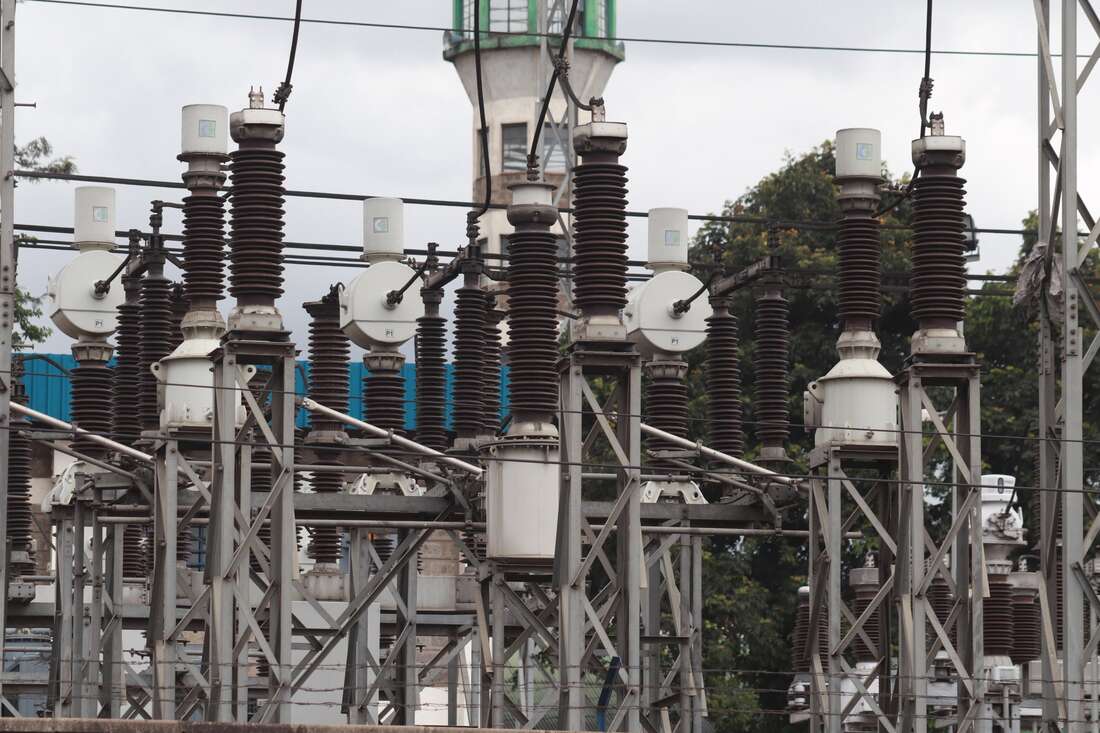Electricity consumption by homes and factories in Kenya hit an all-time high last week, indicating improving economic activities in the country.
Data by the Energy and Petroleum Regulatory Authority (Epra) showed that Kenya’s maximum power demand crossed the 2,036-megawatt (MW) mark this week, the highest ever recorded in history from a record low 1,661MW in April 2020 at the height of the Covid 19 pandemic.
The jump which represents a 22.58 percent growth over the 19-month period signals economic recovery from Covid-19 economic hardships, said power producer Kenya Electricity Generating Company (KenGen) yesterday.
“(This marks) a significant resurgence in demand since the onset of the Covid-19 pandemic in March 2020,” said KenGen in a statement.
The country recorded a decline in demand for electricity last year when industries and other businesses cut down their activities in response to the Covid-19 pandemic.
The Covid knocks saw economic activity contract 5.5 percent at the height of travel restrictions and trade shutdowns in the April-June 2020 period before the slump slowed to a 1.1 percent in July-September after easing of some of the measures.
This period ushered in layoffs and pay cuts as firms grappled with flagging sales due to restrictions imposed to limit the spread of the new coronavirus. Power demand is often an indicator of the number of electrical equipment plugged onto the national grid — including home appliances such as TVs, electric cookers, washing machines, and industrial machinery — pointing to economic output.
The increase in power consumption points to the resumption of activities in the manufacturing sector and large businesses such as malls and offices. Commercial and industrial consumers account for the largest share of electricity sales at 55 percent, followed by domestic at 29 percent, according to data from Epra.
Small businesses and street lighting account for 15 percent and one percent respectively.
Some companies continue to allow their employees to work from home, indicating higher consumption from households.
Last year, there was a slowdown in economic activity caused by delays in the global supply of materials, reduced operating hours, and production capacity due to low demand.Measures to curb the spread of Covid -19, including restrictions on movement around the country and the closure of bars, hit activity. Some of those measures have now been eased.KenGen currently accounts for 72 percent of all electricity produced in the country with 80 percent coming from renewable sources of energy.“KenGen is committed to ensuring a steady and reliable supply of […]
